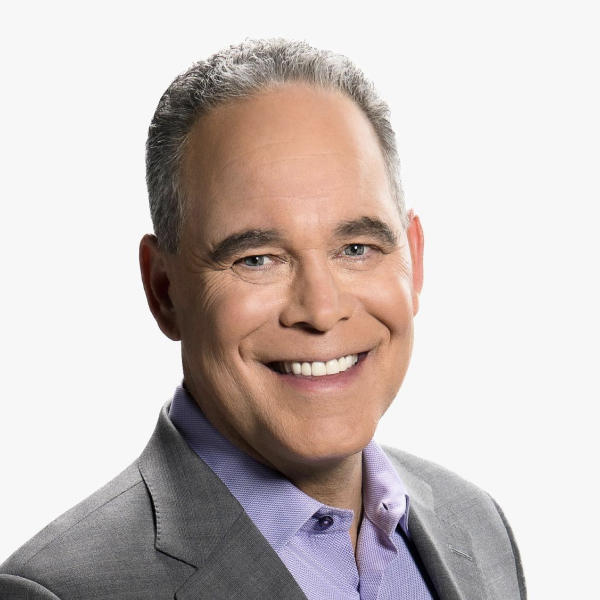Medicare chemo patients are feeling sequester's sting
(CBS News) It may have appeared at first that the federal spending cuts known as the sequester might not cut too deeply. But as some Medicare patients who need chemotherapy are learning to their dismay, there's some real pain in the process.
Seventy-two-year-old George Rossis is in the fight of his life -- battling lung cancer. He and his wife Linda are very happy wth the care he's receiving at a clinic near their Long Island home.
However, that may soon change and Linda may have to start taking time off from work to drive George to a hospital for chemotherapy.
"I am upset, because to think if this is what's going to happen, you know, my concern is for George, too," she said. "And I want nothing but the best for him."
Obama to raise upper-income seniors' Medicare premiums
Sequester cuts hit elderly cancer patients
Medicare cancer patients starting to feel the sequester pain
Most medications for seniors are covered by Medicare part D, which is exempt from the automatic budget cuts. But cancer drugs must be given by a doctor, so chemotherapy falls under Medicare part B, which is being cut by two percent.
"It strikes me as being insane," said Dr. Jeff Vacirca, chief executive of North Shore Hematology Oncology Associates, where George Rossis is a patient. "We can't go to the point where we're actually losing money when we're giving chemotherapy drugs. That's not in the end do any favor for our patients because we wouldn't be able to stay in business."
Here's why cancer clinics say there is a problem: Medicare reimburses oncologists for the cost of chemotherapy drugs, then adds an additional six percent to cover the cost of storing and administering them. Cancer centers say their profits come from that six percent.
Judith Stein of the Center for Medicare Advocacy said that these clinics are profit centers and should be able to absorb these cuts.
"It's hard for me to believe that a two percent cut is so significant that they cannot treat the people they are in business and ethically-bound to serve," she said.
But consider how much money is involved with an expensive cancer drug like Avastin, which costs between $80,000 and $100,000 per year.
Asked what this could cost him in dollars and cents, Vacirca said: "What we looked at initially is somewhere north of $800,000 in the red."
Patients will still be treated, but many like George Rossis will have to go to hospitals for chemo. In one recent survey, 72 percent of community oncology clinics said they will require secondary insurance for Medicare patients or have to send them elsewhere.
